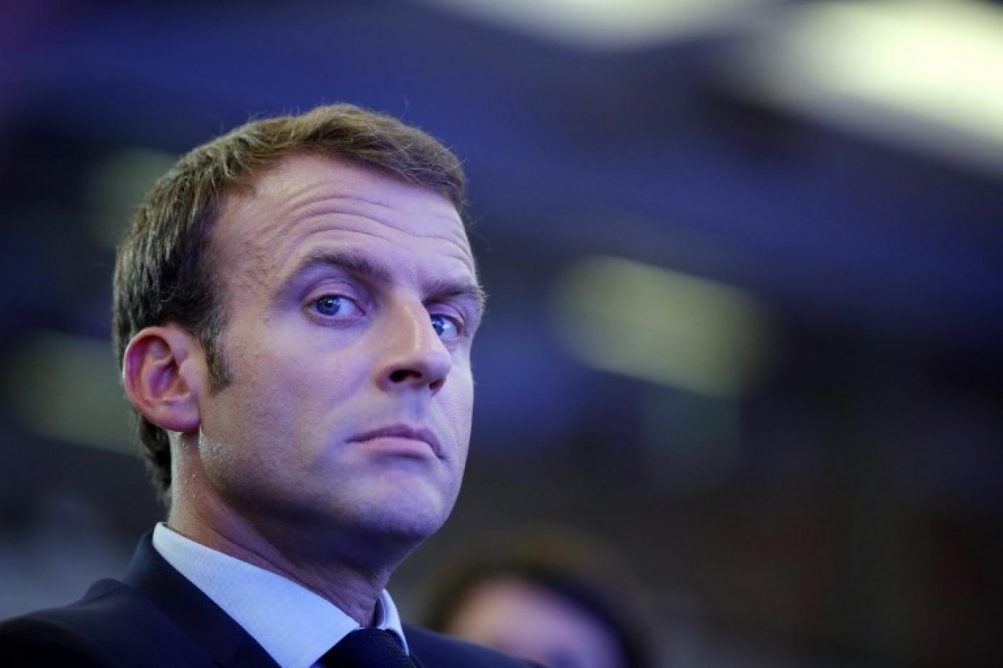CameroonOnline.ORG | On the morning of August 12, 2025, Emmanuel Macron did something no French president had done before. His voice was measured, deliberate, and without the careful euphemisms that so often veil official statements about the past. He called France’s actions in Cameroon during and after decolonisation what they were: a war. A war fought with repression, with calculated violence, and with consequences that still ripple across lives and landscapes today.
The history he touched upon is one that has lived mostly in fragments—buried in old files, whispered in family kitchens, carried in the memories of the aging few who saw it unfold. It began in the late 1940s and burned through the 1950s into the early 1960s. Cameroon, then under French trusteeship, was pushing for independence. The Union des Populations du Cameroun (UPC), a nationalist movement, became the most visible voice of that struggle.
France’s response was swift and unforgiving. Independence activists were hunted down; villages suspected of sympathy were raided; forests became hiding places for fighters and graveyards for the fallen. Some called it counter-insurgency, some a “police action,” but for those who lived through it, it was war—marked by disappearances, mass arrests, and the destruction of communities.
The Silence That Followed
For decades, France’s official narrative treated this period as a footnote to its colonial withdrawal. Algeria dominated the headlines of the time, and later, the collective memory. Cameroon’s story slipped into obscurity, unmentioned in classrooms and absent from public debate.
But silence is never neutral. It leaves those who endured violence carrying the burden alone, their grief unrecognised. In Cameroon, families passed down stories of fathers who never returned, mothers who lost homes in night raids, children who learned early to fear the sound of boots on the path. In France, generations grew up unaware that their country’s African chapter included a war that was never called by its name.
Macron’s Words and Their Weight
By naming it openly, Macron has punctured that silence. His words, while brief, signal an important shift: an acknowledgment that history cannot be half-told without distorting its truth. For survivors and their descendants, such recognition is not simply symbolic—it is a form of validation, a sign that their lived reality matters in the shared historical record.
Yet, acknowledgment alone can feel like an incomplete gesture. In both France and Cameroon, Macron’s statement will likely stir a new set of questions. What form should reckoning take? Will it mean opening archives fully to researchers? Public memorials? Reparative measures? Or will it remain a spoken truth, recorded in speeches but not followed by action?
The Hard Terrain Ahead
Reconciling with this past will not be easy. It demands careful attention to the wounds still felt in Cameroon, as well as a willingness in France to face the discomfort of confronting colonial violence not as an abstract idea, but as a concrete set of choices made by leaders and soldiers in living memory.
For the French public, it may require revisiting the comforting myths of a “peaceful decolonisation” and replacing them with a more complete, if more painful, truth. For Cameroonians, it may offer an opening to press for recognition not just of events, but of their enduring consequences.
The past, as this moment reminds us, is never truly past. It waits—quiet, patient—until someone dares to name it. Macron’s admission is not the end of this story, but perhaps the start of a shared journey toward telling it in full, without omission or disguise.
